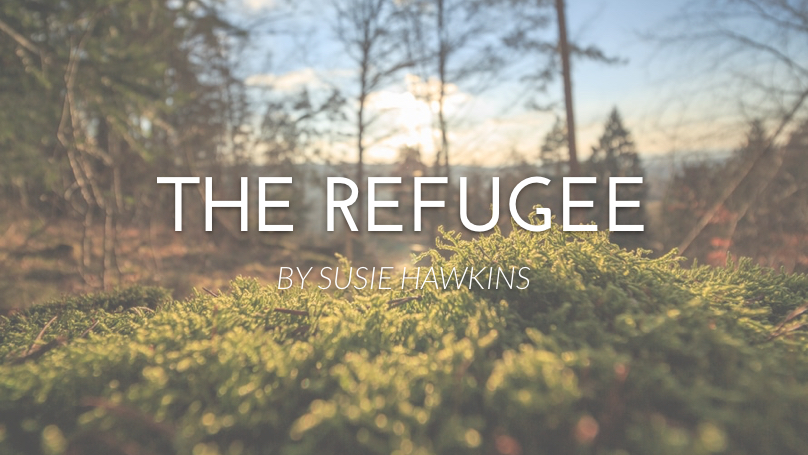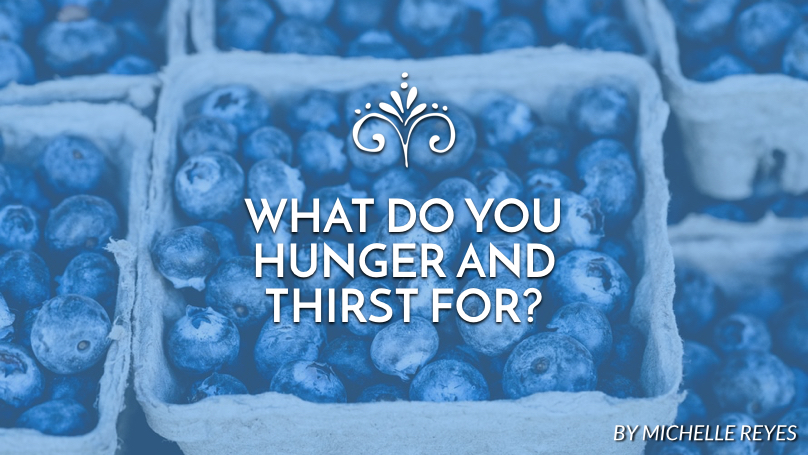Remember also those being mistreated, as if you felt their pain in your own bodies. — Hebrews 13:3
I sat uncomfortably, cross legged on a thin mattress, watching her intently. Her hijab was tightly in place framing her face, her robe flowing over her legs and feet. She didn’t take her eyes off our interpreter, who was relating the story of the widow of Nain and Jesus’ compassion for the suffering. The cramped room was hot and stuffy, but she didn’t seem to notice the heat or the flies. The only thing in the room besides her six children on mattresses was a television blaring the familiar cartoon of Tom and Jerry, but in the unfamiliar language of Arabic. Poor and destitute, she was still the hospitable hostess, offering us tea with mint in small glass cups.
She has seven children, six of them with her. The oldest is married with a child, still in Syria. The youngest was around four years, with dark, dancing eyes. The oldest daughter was sixteen and had just become engaged (we tried to act happy at that news.) But it was the oldest son whose face caused my heart to skip a beat. He is twelve, lanky and tall with the kindest smile. I looked closely at him and swallowed hard because he reminded me instantly of our oldest grandson who is twelve. Jackson has the same build, the same narrow handsome face and the same generous, sweet smile. I stared at him, thinking of the contrast between his life and Jackson’s. What will become of him? Will he ever have somewhere to just kick a soccer ball around? Will he receive even a minimal education or have any future? He is a Syrian refugee and most likely now part of a permanent underclass in the Middle East. I prayed then, and now, that Jesus Messiah would come to him in a dream and rescue him and his family with His love and grace.
I watched his mother, a young woman who looked much older than her years. One of our hosts translated her conversation with the interpreter for me. She was a widow, her husband having vanished over two years ago, a common Syrian narrative. She was alone with no means of support, fleeing to Jordan to find safety and food. I was seeing before my own eyes the iconic biblical widow- poor, struggling to feed her fatherless children, a victim of oppression and violence. I thought of the many verses in the Psalms which voice the anguish and laments of injustice and helplessness. Her story has been told millions of times throughout history and won’t end anytime soon. Many of you have seen this same scenario in other cultures around the world.
Over nine million Syrians have been displaced, two million are refugees in neighboring countries. As always, women and children are especially vulnerable. What to do? Yes, we can pray, give and stay informed. But is that enough? The second greatest commandment, according to Jesus, is to “love your neighbor as yourself” (Mark 12:31). Hebrews 13:3 exhorts us to feel another’s pain as we feel our own. So I am asking myself this hard question: Do I love the foreigner as much as I love myself or the ones I love? No, I do not. But do I love them enough to at least attempt some earnest intercession and sacrificial ministry for their sake? One mission blog I read recently threw down this challenge,
If we are to effectively pray and engage in spiritual warfare on their [refugees] behalf, we need our spirits to be stirred and our attention captured. We need to be uneasy. We need to be moved to tears and filled with zeal to see these people know peace, life and salvation. Let what the enemy meant for evil be a tool in God’s hands for good as it prompts us to pray. — www.7600feet.com
Only when God’s spirit radically moves on our hearts, can we begin to authentically love in this way.
Now this prayer concludes my daily prayer time, “Lord, give me the grace to live each day for Christ’s kingdom, rather than my own comfort and security.” Selah.
Click here to read all posts in this series.
Published January 25, 2016



